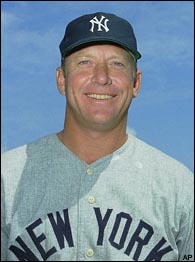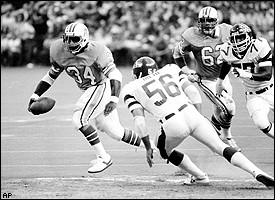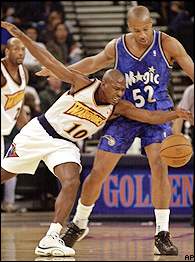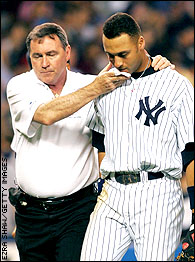| ESPN.com: Page3 |
 | |
| The Mick was a great player, but we never wanted to be his "fly ball." |
 | |
| As Earl Campbell rumbled, Oilers fans sang along to that impossibly catchy theme song. |
 LISTEN to the Houston Oilers' theme song from the late 1970s. Warning: This one will stick in your head
You mean someone wrote this?
LISTEN to the Houston Oilers' theme song from the late 1970s. Warning: This one will stick in your head
You mean someone wrote this? LISTEN to the song and draw your own conclusions
How to break The Curse: Bring back "Tessie"
LISTEN to the song and draw your own conclusions
How to break The Curse: Bring back "Tessie" | |
| Pearl Jam is now a world-famous rock band, while Mookie Blaylock ended his career in Golden State. |
 LISTEN to "Tessie" and insert your own alternate lyrics
Hey! Broadway ripped off my club's theme!
LISTEN to "Tessie" and insert your own alternate lyrics
Hey! Broadway ripped off my club's theme! | |
| Derek Jeter could really take one on the chin if Red Sox fans started singing again. |
 LISTEN to the Pacemakers' version of "You'll Never Walk Alone," and see if you believe in its healing powers
Explain, Gaskin, explain!
LISTEN to the Pacemakers' version of "You'll Never Walk Alone," and see if you believe in its healing powers
Explain, Gaskin, explain!